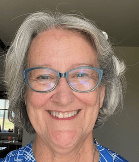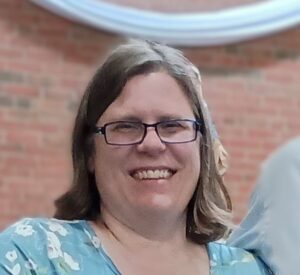- Readings for the Memorial of Saint John Bosco, priest
Reading 1 Hebrews 10:32-39
Remember the days past when, after you had been enlightened,
you endured a great contest of suffering.
At times you were publicly exposed to abuse and affliction;
at other times you associated yourselves with those so treated.
You even joined in the sufferings of those in prison
and joyfully accepted the confiscation of your property,
knowing that you had a better and lasting possession.
Therefore, do not throw away your confidence;
it will have great recompense.
You need endurance to do the will of God and receive what he has promised.
For, after just a brief moment,
he who is to come shall come;
he shall not delay.
But my just one shall live by faith,
and if he draws back I take no pleasure in him.
We are not among those who draw back and perish,
but among those who have faith and will possess life.
Responsorial Psalm Psalm 37:3-4, 5-6, 23-24, 39-40
R. (39a) The salvation of the just comes from the Lord.
Trust in the LORD and do good,
that you may dwell in the land and be fed in security.
Take delight in the LORD,
and he will grant you your heart’s requests.
R. The salvation of the just comes from the Lord.
Commit to the LORD your way;
trust in him, and he will act.
He will make justice dawn for you like the light;
bright as the noonday shall be your vindication.
R. The salvation of the just comes from the Lord.
By the LORD are the steps of a man made firm,
and he approves his way.
Though he fall, he does not lie prostrate,
for the hand of the LORD sustains him.
R. The salvation of the just comes from the Lord.
The salvation of the just is from the LORD;
he is their refuge in time of distress.
And the LORD helps them and delivers them;
he delivers them from the wicked and saves them,
because they take refuge in him.
R. The salvation of the just comes from the Lord.
Alleluia Matthew 11:25
R. Alleluia, alleluia.
Blessed are you, Father, Lord of heaven and earth;
you have revealed to little ones the mysteries of the Kingdom.
R. Alleluia, alleluia.
Gospel Mark 4:26-34
Jesus said to the crowds:
“This is how it is with the Kingdom of God;
it is as if a man were to scatter seed on the land
and would sleep and rise night and day
and the seed would sprout and grow,
he knows not how.
Of its own accord the land yields fruit,
first the blade, then the ear, then the full grain in the ear.
And when the grain is ripe, he wields the sickle at once,
for the harvest has come.”
He said,
“To what shall we compare the Kingdom of God,
or what parable can we use for it?
It is like a mustard seed that, when it is sown in the ground,
is the smallest of all the seeds on the earth.
But once it is sown, it springs up and becomes the largest of plants
and puts forth large branches,
so that the birds of the sky can dwell in its shade.”
With many such parables
he spoke the word to them as they were able to understand it.
Without parables he did not speak to them,
but to his own disciples he explained everything in private.
– – –
Lectionary for Mass for Use in the Dioceses of the United States, second typical edition, Copyright © 2001, 1998, 1997, 1986, 1970 Confraternity of Christian Doctrine; Psalm refrain © 1968, 1981, 1997, International Committee on English in the Liturgy, Inc. All rights reserved. Neither this work nor any part of it may be reproduced, distributed, performed or displayed in any medium, including electronic or digital, without permission in writing from the copyright owner.







